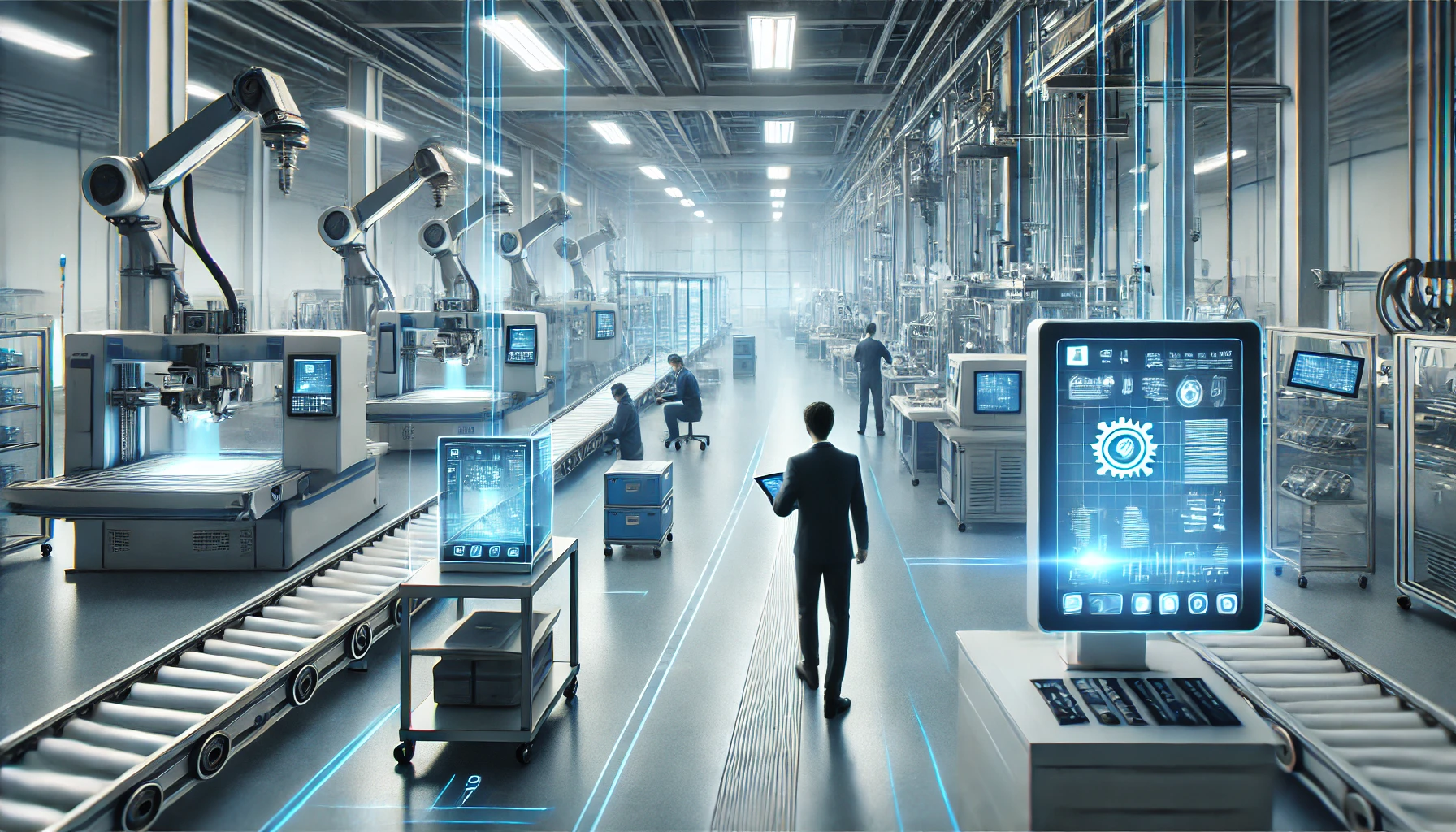Manufacturing is in the midst of a digital revolution, and nowhere is this more evident than in how factories train their workers. Traditional methods—paper manuals, classroom-style sessions, and on-the-job verbal instructions—are cumbersome, inconsistent, and slow to adapt to new challenges. Enter the next generation of factory training: AI-driven tools combined with tablet technology.
By prioritizing ease of access, mobility, and cost-effectiveness, these solutions promise to replace outdated practices with a streamlined, modular, and dynamic approach to worker training and productivity.
Why Traditional Training Methods Fall Short
Factories have long relied on paper as the primary mobile data tool. While inexpensive, paper comes with significant limitations:
- Lack of Real-Time Updates: Instructions and manuals can become outdated, creating confusion or inefficiency on the shop floor.
- Inflexibility: Paper-based systems are difficult to modify and scale across teams.
- Cumbersome Access: Finding the right document or instruction during a critical moment takes time that workers often don’t have.
These issues are compounded by the high costs of downtime and errors that result from outdated training methods.
Tablets: The Compact, Cost-Effective Solution
Tablets bring an unparalleled level of mobility and flexibility to factory environments. Here’s how:
1. Always-On Access to Data
With tablets, employees can instantly access up-to-date instructions, diagrams, and troubleshooting guides at their workstation. No more rifling through binders or searching for the right document.
2. Modular and Scalable
Tablets are compact and easily integrated into existing workflows. Need to reconfigure a workstation or train a new team? Tablets move as your needs evolve, providing the same seamless experience wherever they are deployed.
3. Cost-Efficient Deployment
Compared to the costs of maintaining extensive paper-based systems or desktop workstations, tablets offer a lower barrier to entry and long-term savings. By reducing reliance on paper and eliminating the time spent printing it out and deploying it to the shop floor, factories can free up both financial and physical resources.
4. Real-Time Updates and Feedback
Pairing tablets with AI-powered tools like Craftix ensures employees always have access to the latest data. Supervisors can update procedures or troubleshooting instructions on the fly in very user-friendly ways, ensuring the entire team operates with consistent information.
Reducing Paper Dependency
In many factories, paper remains the go-to for mobility and documentation. However, this dependency on paper introduces inefficiencies and limits scalability. Tablets not only replicate the portability of paper but far surpass it by offering:
- Dynamic Content: Employees can watch instructional videos, interact with diagrams, and input data—all impossible with static paper documents.
- Eco-Friendly Alternatives: Reducing paper usage helps factories meet sustainability goals without sacrificing functionality.
The shift to tablets represents a modern solution to an age-old problem: how to make information accessible, actionable, and adaptable in real time.
Why Choose DMS for Your Factory?
At Digital Manufacturing Solutions (DMS), we’re committed to empowering factories with tools that simplify workflows, reduce downtime, and enhance worker efficiency. Our platform, Craftix, integrates seamlessly with tablets to deliver personalized training plans, on the spot scheduling that can be adjusted from anywhere, and real-time analytics—all in a compact, easy-to-use format.
Whether you’re scaling operations or modernizing existing systems, DMS makes it easy to deploy powerful, mobile solutions without breaking the bank.
Final Thoughts
The future of factory training isn’t just about embracing new technology—it’s about rethinking how we deliver information. Tablets and AI tools are the compact, cost-effective answer to outdated methods, offering mobility, scalability, and instant access to critical data. By investing in these modern solutions, factories can unlock greater efficiency, reduce waste, and ensure their teams are always equipped to succeed.
Want to see how DMS can help you transform your factory? Contact us today to learn more.

 using WordPress and
using WordPress and
No responses yet